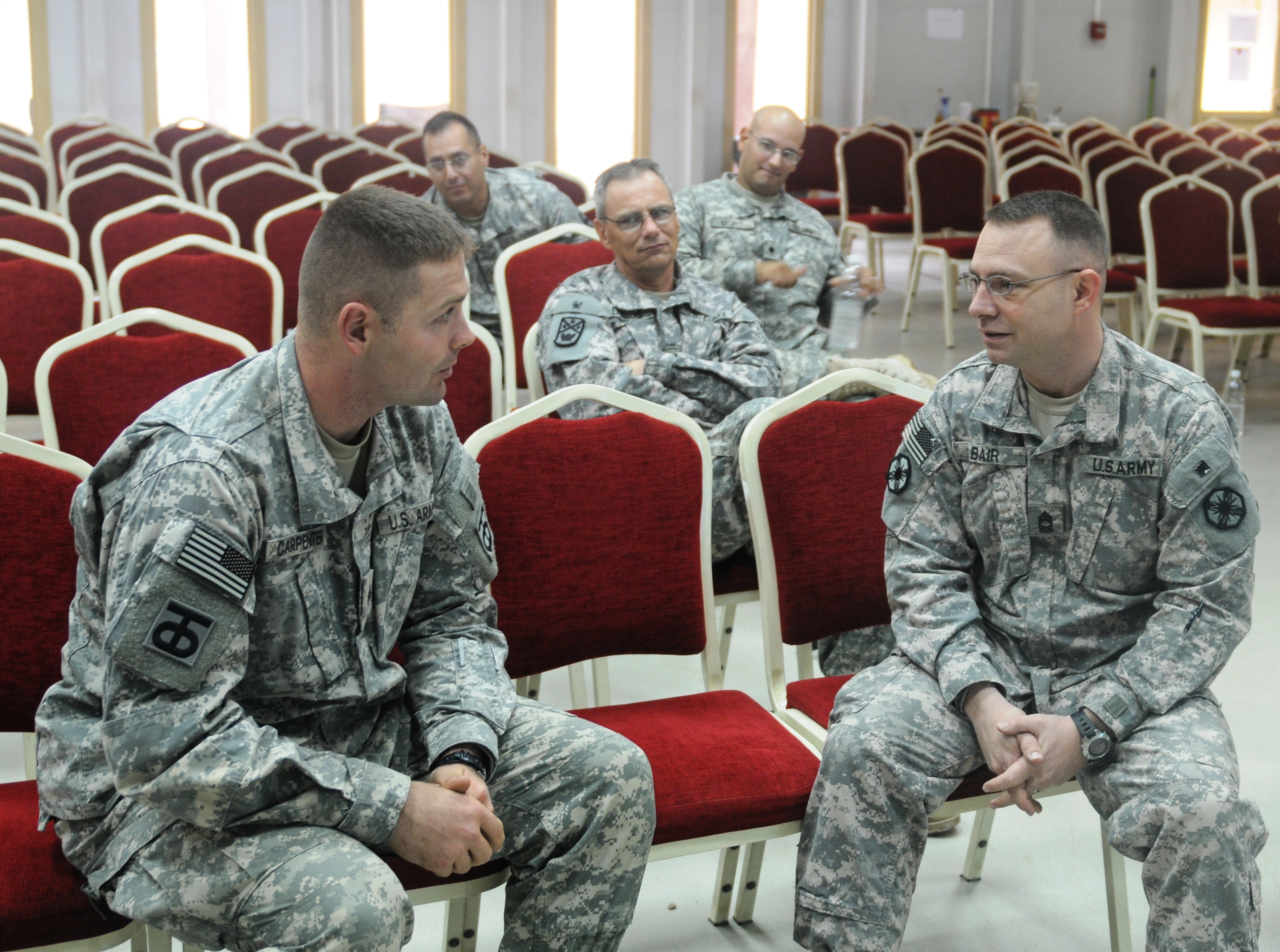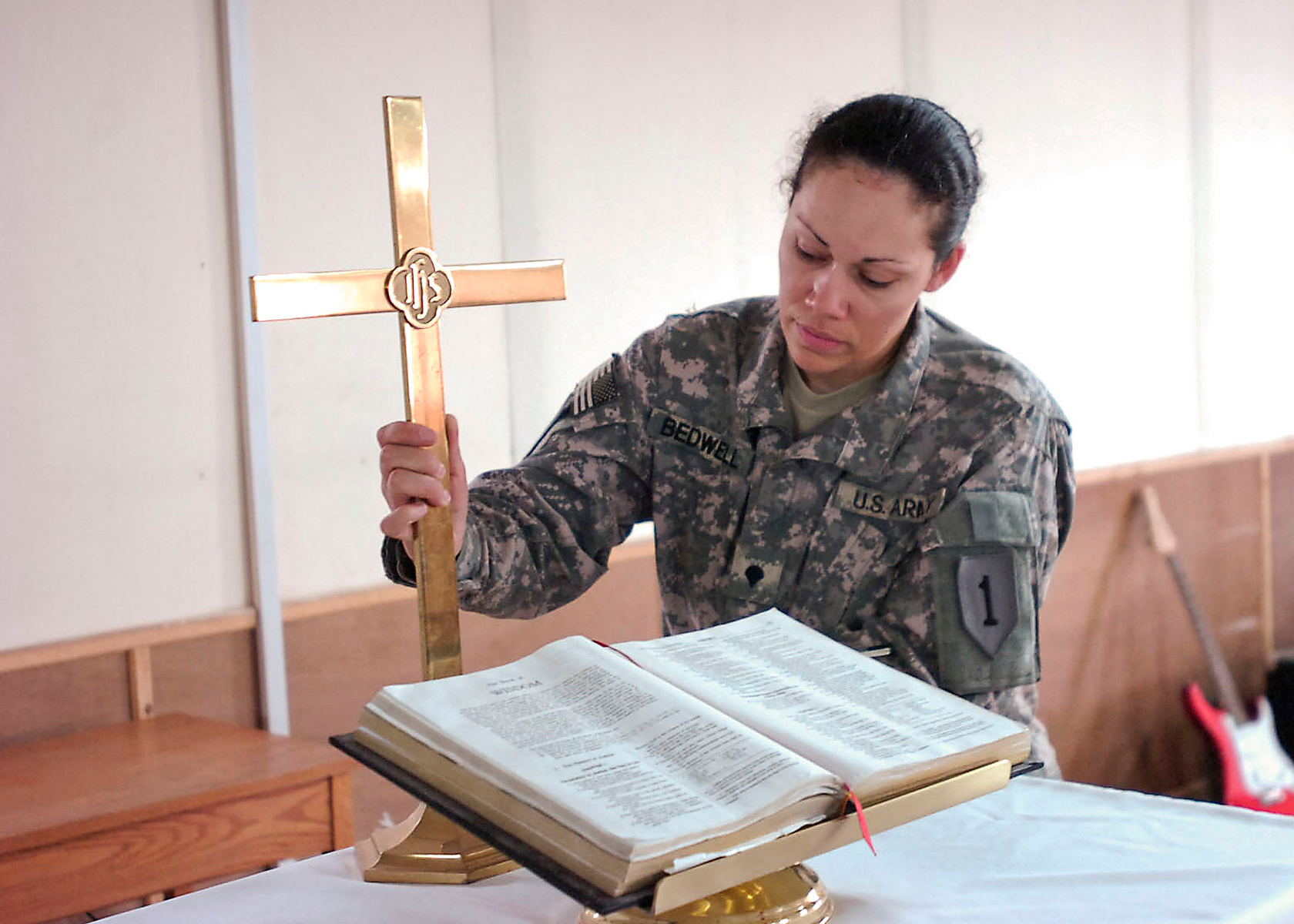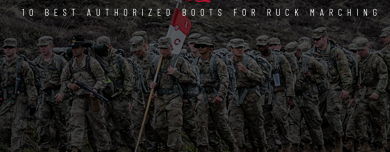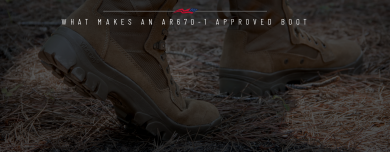On December 28th, 1909, the United States Army recognized the value of having a Soldier to provide religious, spiritual, and emotional support and created the position of Chaplain Assistant.

This position is honored and remembered every year on its anniversary — December 28th — to commemorate all the Chaplain Assistants that have risked or given their lives to serve God, our country and our troops.
In this article, we will discuss the tasks, training, and legacy of this crucial position in our military.
Serving Those Who Serve
The title “Chaplain Assistant” causes many people to presume they are simply an assistant to the chaplain. This has sparked so much confusion that the job title “Chaplain Assistant” has now been changed to “Religious Affairs Specialist.”

No matter the title, Chaplain Assistants are required to protect the Chaplain, but their primary role is to serve and support all the people in its garrison.
Aside from protecting the Chaplain, the Assistant also:
- Helps to facilitate worship services
- Plans religious seminars and retreats
- Counsels service members and their families
Chaplain Assistants serve as an outlet for Soldiers to open up about their feelings, problems, and worries with complete confidentiality. They are often the first contact for Soldiers seeking pastoral care and are prepared to offer guidance, emotional support, and ethical leadership.

Training
Soldiers must undergo 10 weeks of Basic Combat Training and 6 weeks of Advanced Individual Training in order to become a Chaplain Assistant.

During their training, they will learn the following skills:
- Writing skills
- Soldiering skills
- Clerical skills
- History and specifics about religion
- Basic functions of the position
All of this training is critical to perform all the necessary responsibilities of the Chaplain Assistant position.
Long-Lasting Legacy
Chaplain Assistants have made a substantial difference in the lives of so many of our troops by providing much needed religious and emotional support in sometimes-hopeless scenarios.
They have loved, encouraged, listened to and cared for the men and women who fight for our freedom, and for that, we are forever grateful.






